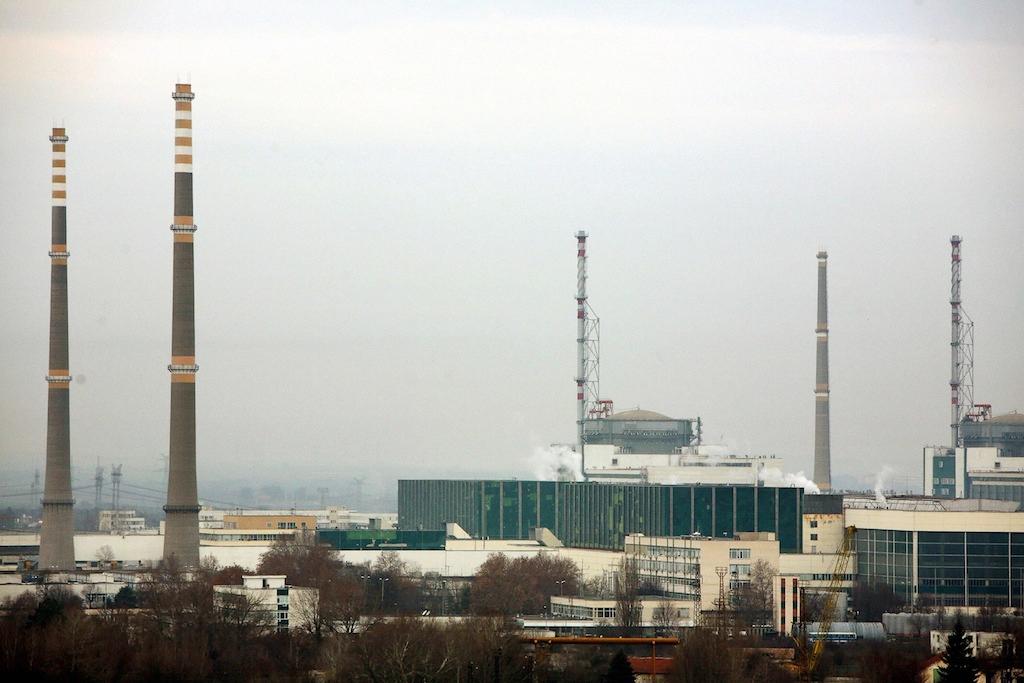Bulgarians vote in referendum on new nuclear power plant
This file picture taken on December 18, 2006 shows a general view of Bulgaria’s nuclear power plant near the town of Kozloduy, 200 kms north of Sofia.
Bulgarians headed to the polls on Sunday to decide the fate of nuclear power in the European Union's poorest nation.
The opposition Socialist party called the vote because it wants the government to reverse a decision to cancel a new Russian-backed power plant in the northern town of Belene after work was already well underway, reports the BBC.
Prime Minister Boiko Borisov and his pro-Western government canceled plans for the 2,000-megawatt nuclear plant last March after failing to find Western investment to help foot the $13 billion bill, reports AP.
Borisov told local media that the government was unable to fund construction of the plant even if voters approved it. Exit polls from the Alfa Research Agency show that 60 percent of Bulgarians supported the new nuclear power plant.
But according to Businessweek, the results of the referendum may not matter if not enough Bulgarians cast a vote. The results are only valid if 60 percent of the 6.9 million eligible voters have their say.
By 6 p.m. local time in the capital, Sofia, only 20.3 percent of eligible voters had cast ballots. If more than 20 percent of voters cast ballots, the law requires the results to be sent to Parliament for discussion, Bisser Troyanov, spokesman for the Central Electoral Commission told Businessweek.
Borisov's government said it intends to build a new nuclear reactor on the site of an existing plant in Kozloduy. Four of the plant's old reactors were closed in 2007 as a condition of Bulgaria's admission into the European Union.
Two remaining 1,000 megawatt Russian reactors are scheduled to be decommissioned in 2017 and 2019.
Every day, reporters and producers at The World are hard at work bringing you human-centered news from across the globe. But we can’t do it without you. We need your support to ensure we can continue this work for another year.
Make a gift today, and you’ll help us unlock a matching gift of $67,000!
